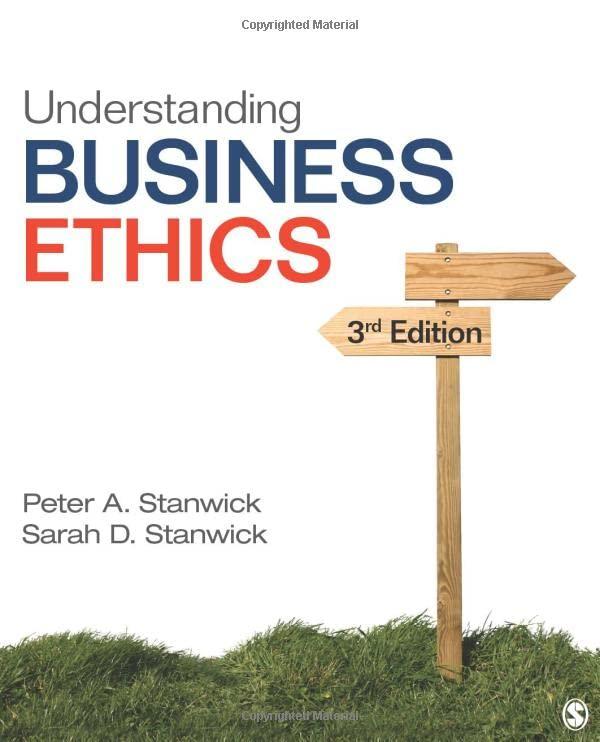Question
Newcastle Industrial Manufacturers (NIM) manufactures parts that are used in large earthmoving trucks typically used in the mining industry. It specialises in the production of
Newcastle Industrial Manufacturers (NIM) manufactures parts that are used in large earthmoving trucks typically used in the mining industry. It specialises in the production of 3 parts: A-12, P-37 and K-51. NIM has produced K-51 in high volume for many years, however demand has steadily declined over the past 2 years. NIM recently lost one of its major customers for the part as they were able to buy an equivalent part for 10% less form a foreign manufacturer. Recent analysis by the marketing manager indicates it is very difficult for NIM to meet current competitor pricing for the K-51 equivalent parts. A-12 and P-37 are more recent additions to NIMs product offerings and significantly more complex to manufacture than the K-51. Both the A-12 and P-37 require special tools and set-ups for each batch. NIM believes it has to set a premium price for both of these parts to account for the complexities involved in their manufacture. NIM currently uses a traditional product costing system, allocating overhead based on machine hours. The current direct costs per unit are as follows:
A-12 P-37 K-51
$ $ $
Direct materials 18.00 24.24 15.00
Direct labour 1.08 3.24 2.16
NIMs management have asked you, as the newly appointed Management Accountant, to advise on cost management matters. They would like you to examine the possibility of using activity-based costing. You have gathered the following information regarding overhead costs and activity drivers for the past 12 months
Activity cost pools $
Production setup 883,575
Machining of parts 504,900
Materials handling 378,675
Quality control 757,350
Total 2,524,500
Activity cost drivers
Part Material Movements Setups Labour hours Inspections Machine hours Product volume
A-12 15 90 450 180 1,350 9,000
P-37 25 138 2,250 216 1,500 15,000
K-51 104 576 8,400 804 25,200 84,000
Total 144 804 11,100 1,200 28,050 108,000
Calculate the total unit cost of the three products using NIMs traditional method of cost allocation.
Step by Step Solution
There are 3 Steps involved in it
Step: 1

Get Instant Access to Expert-Tailored Solutions
See step-by-step solutions with expert insights and AI powered tools for academic success
Step: 2

Step: 3

Ace Your Homework with AI
Get the answers you need in no time with our AI-driven, step-by-step assistance
Get Started


